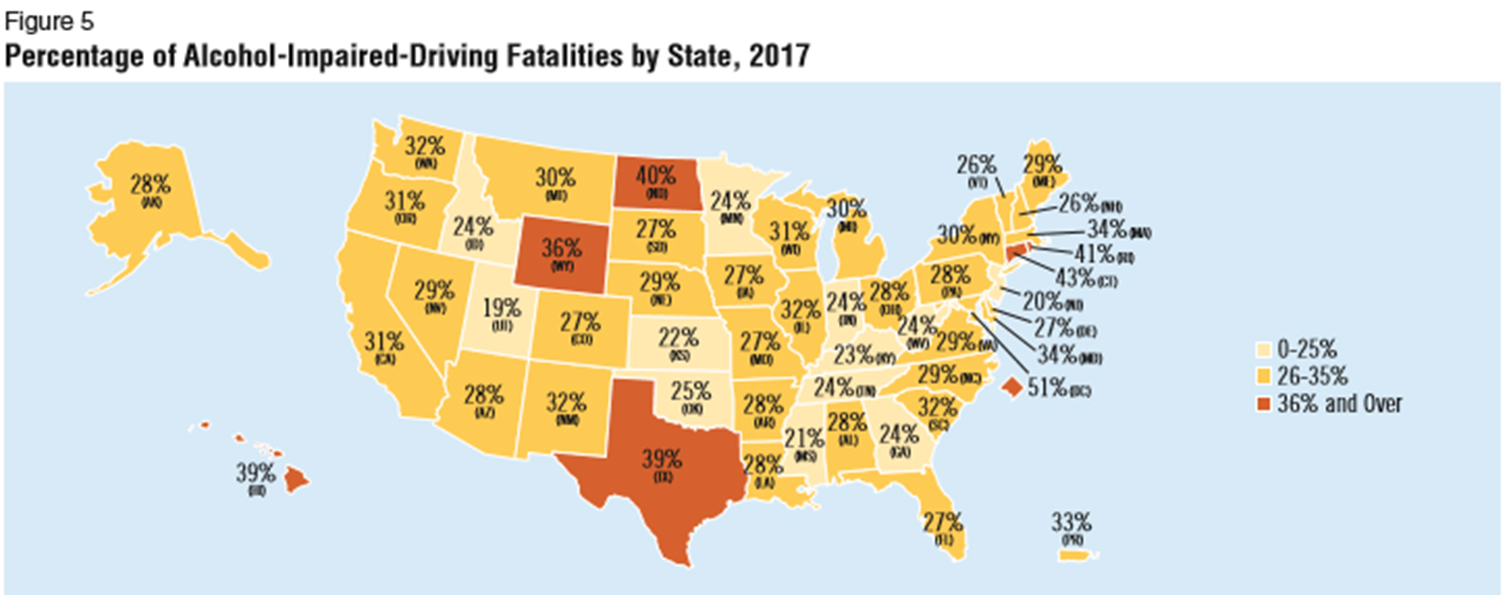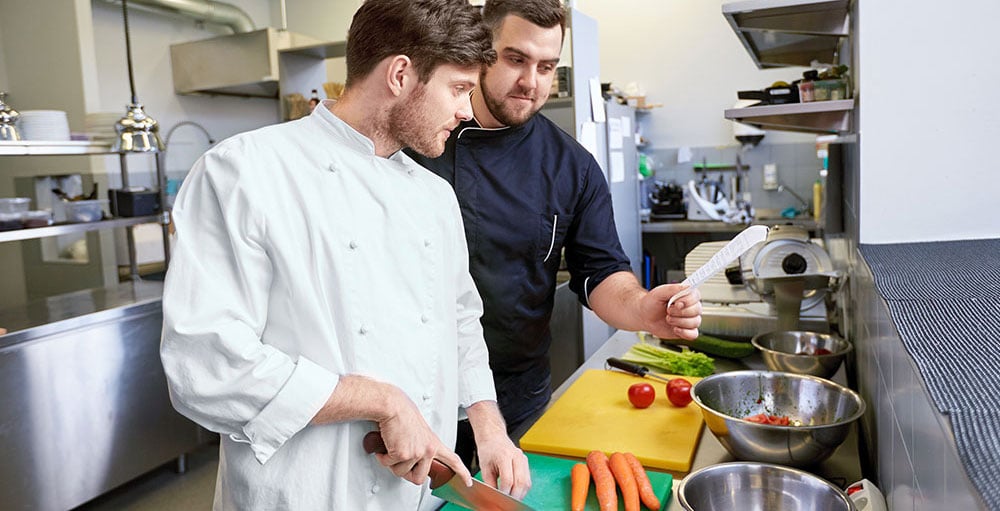Boost Your Work Opportunities: Why a Food Trainer Certificate Is a Must-Have in the Culinary Market
In today's competitive cooking landscape, the relevance of a food trainer certification can not be overstated. This credential not only reflects an individual's commitment to keeping food security criteria however also acts as a critical possession in boosting employability within the market. As dining establishments and food solution establishments increasingly prioritize qualified team, specialists geared up with this certification stand to acquire a significant benefit. Nevertheless, the implications of this accreditation expand beyond mere employability; they can also affect wage prospective and occupation development. Exploring these facets discloses a much deeper understanding of why this certification is a calculated financial investment for culinary specialists.
Importance of Food Safety
In the culinary sector, the relevance of food safety and security can not be overstated. Polluted food can lead to significant health issues, including foodborne health problems, which can influence individuals and lead to substantial liability for food establishments.
Food security includes a variety of treatments, consisting of proper food handling, storage, cooking, and offering methods. Abiding by these techniques not just minimizes the danger of contamination yet additionally helps in following local health and wellness guidelines. Appropriate training in food security allows cooking specialists to recognize possible threats and apply precautionary procedures efficiently.
Additionally, a solid dedication to food safety can improve the track record of a cooking facility, cultivating client commitment and company development. Consumers are progressively conscious of food safety issues, making it essential for food trainers to show their adherence to ideal practices. Ultimately, prioritizing food security is not just a regulative demand; it is a fundamental element of giving high quality food service and safeguarding the wellness of customers.

Certification Demands
Food security practices are only as effective as the individuals applying them, making qualification a vital step for food trainers in the cooking sector. To acquire a Food Handler Certificate, prospects need to usually complete a training program that covers crucial topics such as foodborne diseases, sanitation, individual health, and secure food taking care of techniques.
Most certification programs are designed to accommodate various discovering styles, offering choices for online, in-person, or crossbreed formats. Participants must pass an assessment to show their understanding of the material, with a minimum passing score usually evaluated 70%.
The duration of training can differ, with some programs calling for only a few hours, while others may expand over numerous days. After efficiently finishing the training course and exam, prospects receive their qualification, which is normally valid for 3 to five years, depending upon neighborhood regulations.
Renewal often entails taking back the course or completing a refresher program to make sure that food trainers remain updated on the most up to date techniques and standards. Conformity with these qualification demands not only boosts specific understanding but additionally adds to the overall safety and quality of food service operations.
Task Market Need
Just how has the task market for food trainers progressed in the last few years? The demand for food handlers has actually substantially increased, greatly driven by the growing awareness of food safety and hygiene among consumers and regulative bodies. With the surge of foodborne health problems, dining establishments, providing solutions, and food manufacturing business are prioritizing the hiring of licensed food handlers to make sure conformity with wellness regulations. This change has led to an increased emphasis on food safety and security training and certification as prerequisites for employment in the culinary sector.
In addition, the broadening dining establishment market, specifically with the appearance of food shipment solutions and food vehicles, has produced a wealth of work opportunities for food handlers. The need for competent workers that can securely prepare and manage food has ended up being paramount. servsafe food handler certificate. On top of that, as culinary services adopt extra rigid safety protocols, the worth of a food handler certificate has actually risen, making it an important property for work seekers
Therefore, people going into the cooking workforce are locating that getting a food handler certification not only boosts their employability but additionally places them positively in an affordable job market that progressively prioritizes food safety and hygiene standards.
Advantages of Accreditation
Obtaining a food handler certification provides numerous advantages that substantially improve an expert's standing in the culinary industry. Primarily, it demonstrates a dedication to food security and health, which is vital in avoiding foodborne illnesses. This certification equips individuals with important expertise concerning secure food managing practices, including proper Get More Info storage space, cooking temperature levels, and cleanliness treatments
In addition, possessing a food handler certification can improve a person's employability. Many employers focus on prospects with this accreditation, viewing it as an indicator of professionalism and expertise. This can cause better work possibilities and possibly higher wages, as certified individuals are often left with better duties.
Additionally, the certification cultivates a culture of safety and security and accountability within the office. Maintaining a food trainer certification can see here now open doors to more academic and occupation innovation possibilities within the cooking area. servsafe food handler certificate.
Actions to Get Qualified
Getting a food trainer certificate entails a simple procedure that can establish individuals on a path to enhanced profession prospects in the cooking market. The very first step is to locate a certified program or training provider that supplies food security courses. Many companies provide both in-person and on the internet options, permitting versatility in learning.

After successfully passing the exam, individuals will get their food handler certification, which is commonly valid for a details duration, generally three to five years. To keep certification, it might be needed to complete refresher course courses or retake the test before the expiration date.
Finally, it is essential Your Domain Name to validate any type of local or state-specific regulations regarding food trainer qualification, as demands can vary. By complying with these steps, people can acquire their qualification and significantly boost their employability in the affordable culinary landscape.

Conclusion
Finally, obtaining a food handler certificate is important in the cooking market, as it guarantees adherence to food safety requirements and enhances employability. With the growing need for licensed workers, this credential not just opens up doors to task opportunities however additionally contributes to profession improvement and raised making potential. Inevitably, a food handler certificate signifies a commitment to safety and security and expertise, cultivating a society of responsibility that benefits both employees and companies in the food solution sector.